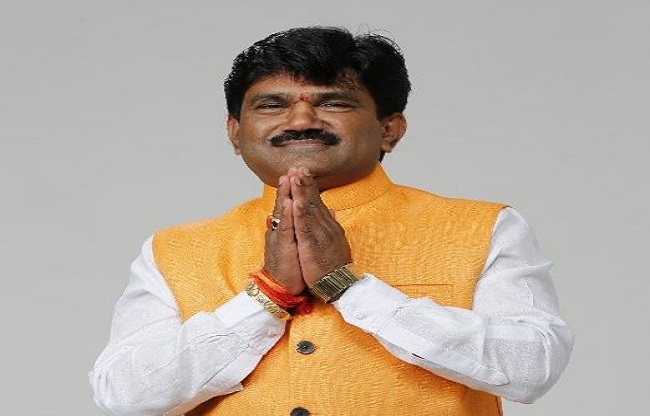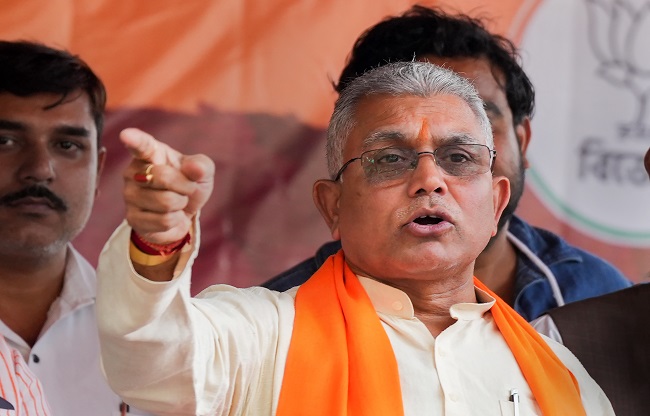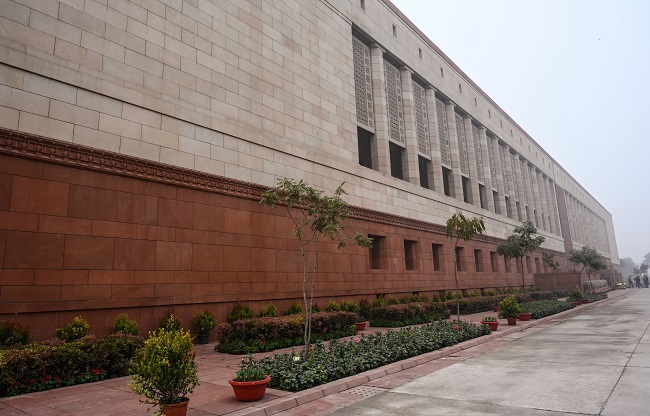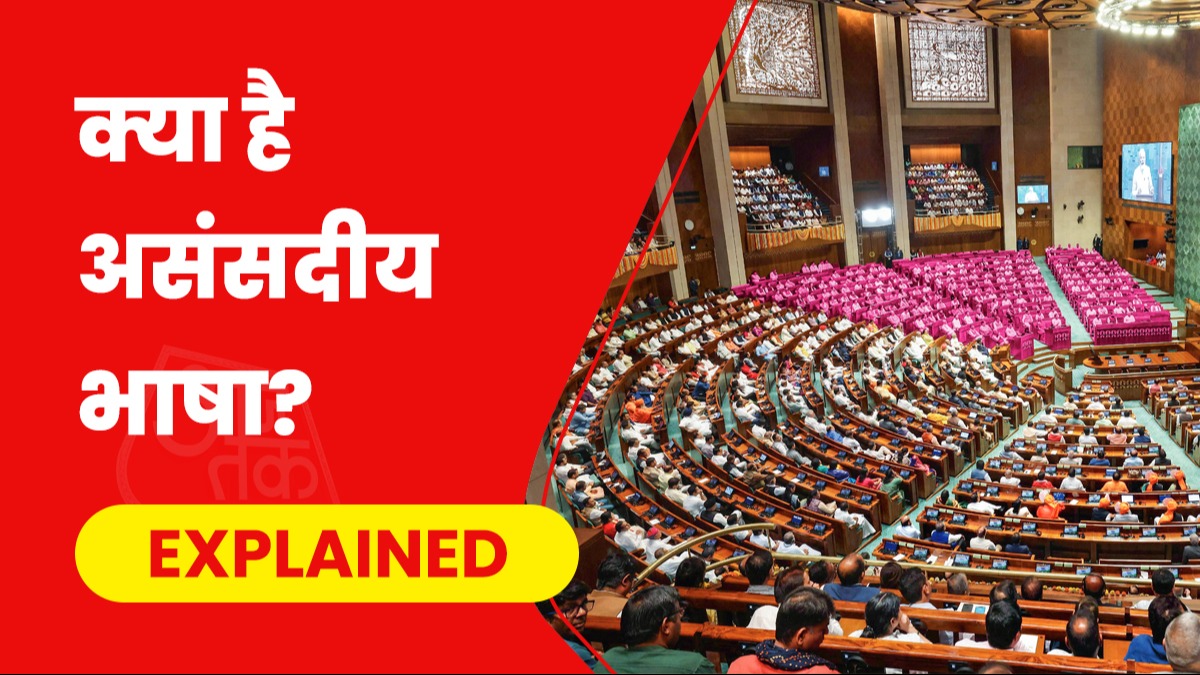The comment made by BJP MP Dilip Ghosh regarding the familial background of West Bengal's CM Mamata Banerjee has sparked controversy. Her party, the Trinamool Congress, has filed a complaint against the MP with the Election Commission. Ghosh found himself reprimanded by his own party with a 'show cause' notice, citing that Ghosh's comment was indecent and parliamentary parlance. What does 'unparliamentary' mean, and what are those words that fit into this category? Let's delve into the details.
What exactly did Ghosh say?
BJP leader Dilip Ghosh, in his controversial statement, implied that Mamata called herself the daughter of different states, questioning her true paternal heritage. This insinuation might be politically motivated and seen as highly inappropriate.
These politicians stumbled over their surname
Hemant Tukaram Godse, affiliated with the Shiv Sena, found himself in an awkward situation in 2014 upon becoming an MP from Nashik due his surname’s association with Gandhi’s assassin, Nathuram Godse. In an irony of sorts, Godse's surname had been expunged from parliamentary debates. Hemant Tukaram Godse's induction into the Parliament triggered the removal of the word 'Godse' again in the proceedings. Subsequently, the MP wrote letters to both houses to remove his surname from the list of unparliamentary words, which was eventually accepted, as reported by The Indian Express.

Source: aajtak
In Parliament, there are many words and phrases that are prohibited from use to maintain decorum. Members of Parliament have freedom of speech but tempered by the obligation to not infringe on dignity or sentiments.
Proverbs and idioms are included with words
The daily parliamentary proceedings are recorded, and the presiding officer has the authority to remove any unparliamentary words or phrases. These can belong to any language and include idioms or proverbs that could cause offense. Certain cultural expressions deemed derogatory are also barred.
The first list of unparliamentary expressions was released in 1999
The Lok Sabha Secretariat published a booklet titled 'Unparliamentary Expressions,' first printed in 1999. It serves as a reference guide that every parliamentarian should be aware of. The list of unparliamentary terms is divided into two sections: one for English words, and another for Hindi, with mentions of words from other languages presented in English.

Source: aajtak
Here are some Hindi terms considered unparliamentary
Terms like 'jumalajiivi' (rhetorician), 'bal buddhi' (childish intellect), 'covids spreader', 'shameful', betraying, 'chamchagiri' (sycophancy), 'snoopgate', 'tyrant', and many others are deemed inappropriate for discussions in both Lok Sabha and Rajya Sabha.
Expressions also forbidden in use
In terms of phrases, 'black day,' 'the pot calling the kettle black,' a 'deaf government,' and metaphorical expressions like 'shedding crocodile tears' or 'political drama' are also not permissible.
Some prohibited English expressions
Expressions such as 'You have double standards,' 'Be fair,' 'Don't try to gag me,' 'Beaten with shoes,' 'Bloodshed,' and 'Deceived' are part of the banned list, organized alphabetically from A to Z.

Source: aajtak
How is the list of unparliamentary terms compiled?
- When a member speaks a word that could be construed as offensive, it's reported to the chair or speaker for removal, with the context provided. - Under Lok Sabha procedural and conduct rules 380, the speaker has the authority to remove such words. - After the speaker consents to the removal, the word is then struck from the official record. - Once a session concludes, a list of the expressions removed, along with the reasons, is sent to the offices of the speaker, editorial services, and Parliament TV. - Editorial services compile a list to keep the archive of unparliamentary words up-to-date.
Parliaments worldwide have considered numerous words, idioms, and proverbs as unparliamentary, keeping these out of their official language. Leaders are periodically warned about maintaining the decorum of speech within the chambers.
Are there any actions for uttering unparliamentary words?
Under Article 105(2) of the constitution, these matters are not subject to legal proceedings. Members of Parliament can only be reprimanded by their own party or the opposition. Show cause notices may be issued, and if a valid reason is not provided, the party can take disciplinary actions. Currently, the TMC has also lodged a complaint against Dilip Ghosh with the Election Commission, which could decide to take further actions. Often during and outside of election times, words are spoken that trigger no significant repercussions.




